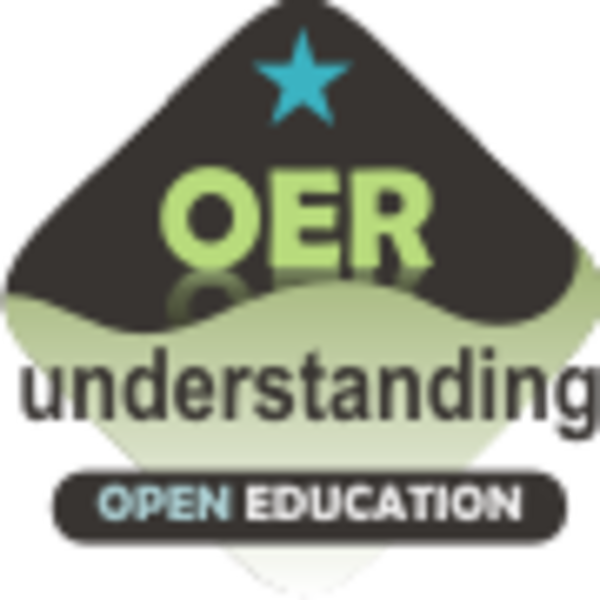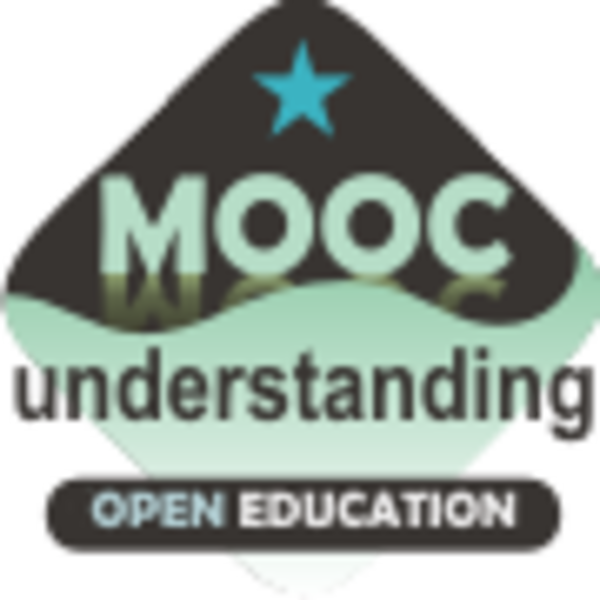Personal Blogs
Image Source: Global Hands
Macbeth:
Hello everyone
In this offering, I summarise my findings on the reading of DeRosa (2016), My open textbook: pedagogy and practice, which explores learning through the creation of open educational resources (e.g when students create a textbook and publish online for everyone and anyone to use and learn about the process) in reflecting on my own experience of OER on several MOOCS I've been a part of.

Image Source:
Opensourceway / CC BY-SA
DeRosa's (2016), 'My open textbook: pedagogy and practice' is an almost too good to be true example of open educational practice. The course I currently study on (the Open University H817 course, 'Openness and innovation in e-Learning') and other courses I've studied on have utilized open pedagogy, which is why I say 'too good to be true ' - almost. Open Pedagogy is defined by BC Campus (2020) as:
'the use of open educational resources ...with a goal of improving education...inviting ...students to be part of the teaching process, participating in the co-creation of knowledge.'
and my own experience of open pedagogy for me illustrates some of the potential benefits and drawbacks of open pedagogy for some. But Rosa's experience doesn't surprise me. It is simply an open pedagogical example of a perfect storm - a serendipitous coming together of the right ingredients - keen students who love their subject, who quickly form a cohesive team, ably aided by an adventurous, knowledgable teacher with a similar zest for exploration and collaboration. Here are some of the pros and cons most mere mortals will encounter:
Potential drawbacks
if there is no consistent group to begin with (e.g. there is a rolling enrollment where new, uninitiated students keep popping up)
if 'training' is needed pre-task, such as how to use an app or an approach to learning only a few learners are unfamiliar or uncomfortable with. Using an online platform, students may not be able to find what they are looking for to take part in a group task
if no one has time or opportunity - online courses involve people from all over the world, different time zones and often with previous commitments - unlike a group of college students whose main commitment is the course
Benefits
As DeRosa points out, the benefits of the approach far outweigh the potential drawbacks. It is worth facing the drawbacks because in many ways, even the embarrassing pitfalls (on many levels) aid learners in their search for rich, worthwhile ( you'll get there in the end) and meaningful (transferable realistic) learning experiences: students become independent doers and teachers what they need to be more often - learners. As roles switch and educator/learner realise their roles are becoming more flexible, a new relationship between teacher/learners evolves and brings them closer together. At the same time, learners see each other more as companions on a learning journey that they need each other to complete.
In our little micro experience of open pedagogy (creating a group wiki) all of the drawbacks occurred. Nevertheless, groups did get it together to create a wiki page with links that each member had worked on to create the site. Some of us question whether the experience had come too early in the course. Because of the insight it gave me in one vital area of the course content, I was very glad for what it gave me. We immediately felt a group responsibility to do our part or to let others know what we could contribute at the very least, in most cases. This motivated a lot of us to go beyond to help the group and not lose group 'face'.
Though some of us (me) had not built a wiki before, I am sure we will be even more interested and engaged the next time we are asked to do something like it again. Thi sis an example of how a group task can motivate to learn more when working alone, it's possible to just hide and hope no one notices you, which works in many cases. I am much more motivated as well to extol the benefits of wikis to my learners, asking them to open a free account and set up wikis of their own and of learning how to create open resources such as open textbooks.
I end with a paraphrase of some of Rosa's tips about what can help make open pedagogy a success:
- Rome was not built in a day. Look at the whole experience as a work-in-progress in one approach to more effective learning. Quote: 'it will continually improve as learners engage with it.'
- If it connects with the course aims and / or more importantly, with students' own learning goals, it is worthwhile.
- Nowadays there are resources for learning how to do anything - get with it. In Rosa's class's case 'Learn how to openly license your book and learn how to get it online so folks can access and share it' (DeRosa 2016).
Reference
DeRosa R. (2016) ‘My open textbook: pedagogy and practice’ [Online]. Available at: http://robinderosa.net/ uncategorized/ my-open-textbook-pedagogy-and-practice/ (Accessed 21 October 2019).


This blog might contain posts that are only visible to logged-in users, or where only logged-in users can comment. If you have an account on the system, please log in for full access.
Total visits to this blog: 82885
